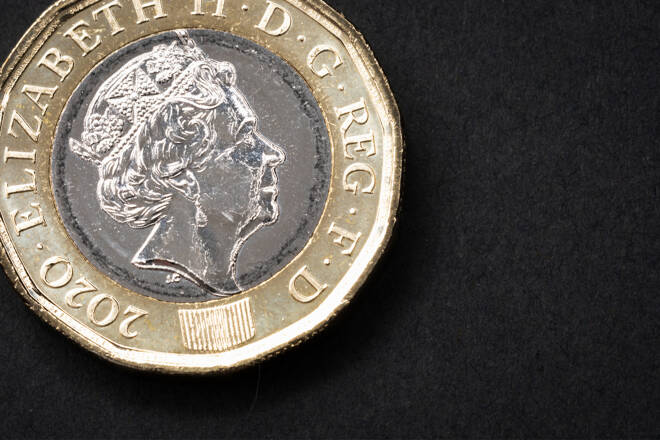Week Ahead: BOE to Sustain GBP/USD Above 50-day SMA?
By:
The first week of August is set to feature a host of key events that could shake up markets, including the latest US jobs report, fresh Wall Street earnings, and perhaps even a new OPEC+ deal.
Still, the central bank watch remains front and center as the Reserve Bank of Australia and Bank of England could hike their respective rates by another 50 basis points each in the coming week.
Economic News Schedule for Next Week
Here are the key releases and events that we’re keeping an eye on for the week ahead:
Monday, August 1
- AUD: Australia July inflation
- CNH: China July Caixin manufacturing PMI
- EUR: Eurozone June unemployment rate
- USD: US July ISM manufacturing data
Tuesday, August 2
- AUD: Reserve Bank of Australia rate decision
- USD: Speeches by Chicago Fed President Charles Evans, St. Louis Fed President James Bullard
- Starbucks 2Q earnings
- BP 2Q earnings
Wednesday, August 3
- NZD: New Zealand 2Q unemployment
- AUD: Australia Q2 retail sales
- CNH: China July Caixin services PMI
- EUR: Eurozone June retail sales, PPI; Germany June external trade
- USD: US June factory orders, July ISM services index
- Brent: OPEC+ meeting
- US crude: EIA weekly oil inventory report
Thursday, August 4
- AUD: Australia June external trade
- EUR: ECB publishes Economic Bulletin; Germany June factory orders
- GBP: Bank of England rate decision
- USD: US weekly jobless claims; Cleveland Fed President Loretta Mester speech
- Alibaba 2Q earnings
Friday, August 5
- AUD: RBA releases Monetary Policy statement, including updated economic forecasts
- GBP: BOE Chief Economist Huw Pill speech
- EUR: Germany June industrial production
- CAD: Canada July unemployment
- USD: USJuly nonfarm payrolls
Bank of England Meeting Next Week
GBPUSD traders will be firmly focused on whether the Bank of England’s policy decision could help keep “cable” above its 50-day simple moving average (SMA), provided this pair can first see a meaningful breach of this immediate resistance level.
At the time of writing, markets are forecasting just a 53% chance of a 50bps hike by the BOE at its August policy meeting; those odds are a far cry from the 84.5% back at the start of July.
A 50bps hike by the BOE could help lift Sterling, provided policymakers can not only prove doubters wrong and trigger its largest hike in 27 years, but also point to more larger-than-usual hikes in the pipeline.
After all, with the UK consumer price index (CPI) already registering at 9.4% in June – its highest CPI print since February 1982 – that’s reason enough for the central bank to “act forcefully”. UK inflation is also forecasted to go on to post double-digit figures in Q4.
Yet, markets have enough reasons to doubt that the UK’s central bank can indeed follow through with this “forceful” stance.
UK retail sales have been contracting while consumer confidence is at its lowest in about five decades. Workers across various industries have been on strike as wages struggle to keep up with soaring inflation. Since May, the BOE already issued a grim outlook for the UK economy, forecasting a recession for 2023.
British Pound Price Forecast
Sterling’s upside is being capped by the markets’ pessimism about the UK economy’s ability to withstand interest rates moving much higher.
Such doubts suggest that GBPUSD may do no better than the mid-June cycle high around 1.24 over the near-term, provided the US dollar remains soft in the interim.
If markets instead seize on BOE hesitance to send UK rates higher at this August policy meeting, then the 1.20 psychologically-important level could beckon once more for GBPUSD.
For more information visit FXTM.
About the Author
Lukman Otunugaauthor
Lukman Otunuga is a research analyst at FXTM. A keen follower of macroeconomic events, with a strong professional and academic background in finance, Lukman is well versed in the various factors affecting the currency and commodity markets.
Advertisement
